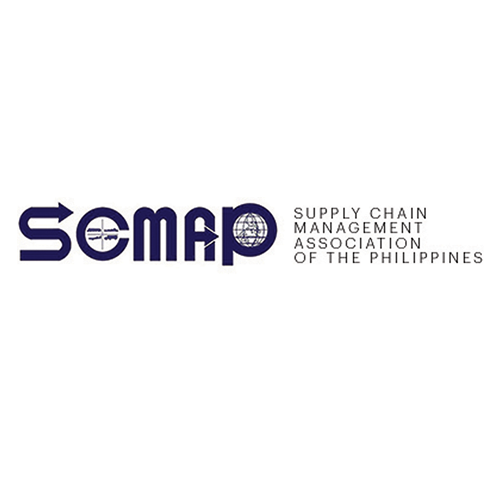Artificial intelligence is not a new thing. It’s been almost eighty years since it broke out the realm of science fiction and became a legitimate area of research. The field saw leaps and bounds in from the 2000s, thanks to exponential growth in computer speeds, improvements in algorithms, and changes in approach, particularly a shift towards solving specific problems. For the supply chain sector, this meant an AI-led approach to aspects such as data analytics and network design.
What’s different this time around is how new advances in AI have captured the wider imagination. DeepMind, now owned by Google, has successfully developed AI-led solutions to healthcare and scientific research – not to mention a few games of go. Now we have OpenAI, developers of art generator DALL-E and chatbot ChatGPT, pushing the boundaries further. The former can generate images with just a few text prompts; the latter gained attention for its articulate answers to questions on different fields. While concerns were raised by creatives and the academe about the ethics of these programs – the former fearing for their livelihoods, the latter fearing for the integrity of test results – for the most part the fact that the field has gone so far evokes wonder.
Last week, Microsoft unveiled a new version of its search engine Bing – and in the process opened a possible new frontier. A perennial second-placer to Google, the relaunch was made possible by the tech giant’s investment into OpenAI. The vision is to go beyond search results, with answers that are more conversational, context-filled and up-to-date. I can’t help but be amazed while watching demonstrations online, because of how quickly it integrates information it deems relevant into its responses.
Between the new Bing and Google’s fast-tracked (and eventually underwhelming) response Bard, it’s clear that a new AI race has begun, and it’s a matter of time before other developers integrate such technologies into their work. I predict it’s also going to be a matter of time before AI reaches a point when it is able to harness deeper insights with the data made available to it, in a manner that is easily understood. AI is close to entering the insight space. Are we ready?
This brings to mind long-standing concerns within the AI community, of the technology being an existential threat to humanity when it deduces it is necessary to accomplish the goals set to it. How far away are we from that? I’ll leave that question to the experts. But soon, I bet, there’ll be a time when supply chain analytics will hit just short of the point where humans make a judgment call with the available data. Again, are we ready?
Disruptive technologies have long been a presence in the supply chain sector, from various degrees of automation to ever-advanced levels of analytics. And yet, one can’t deny the importance of the human factor, from ensuring the effectiveness of technology (like, did the robot pick the right pallet?) to providing the sort of insight that cannot be easily gleaned from data alone. Perhaps more importantly, today’s AI technology is still heavily reliant on the accuracy of the data it is provided. Google’s Bard chatbot isn’t public yet, but the service making an error in a demonstration video sent its developers’ stock price crashing. It’s still up to humans to double-check whether AI-reliant systems are working with the correct information.
But the continuous march of technology underscores the importance of upskilling our human capital, not so they can be irreplaceable by technology. That’s an improbable goal the way things stand now. However, we can ensure our people can work well with technology, and eventually be able to assume roles that provide greater value to our organizations. Only then can we see technologies not as an enemy out to take our livelihoods away, but as tools that will make us work better.
Now, when the worst case scenario happens and technology reaches a point where there’s no need for any human intervention… well, that’s a different discussion entirely, and that, I will also leave to the experts. Maybe by then I’m not writing this column anymore. Just another victim of the AI revolution, possibly, unfortunately.
Henrik Batallones is the marketing and communications director of SCMAP, and editor-in-chief of its official publication, Supply Chain Philippines. More information about SCMAP is available at scmap.org.
PREVIOUS COLUMN: Big Thinking Required





